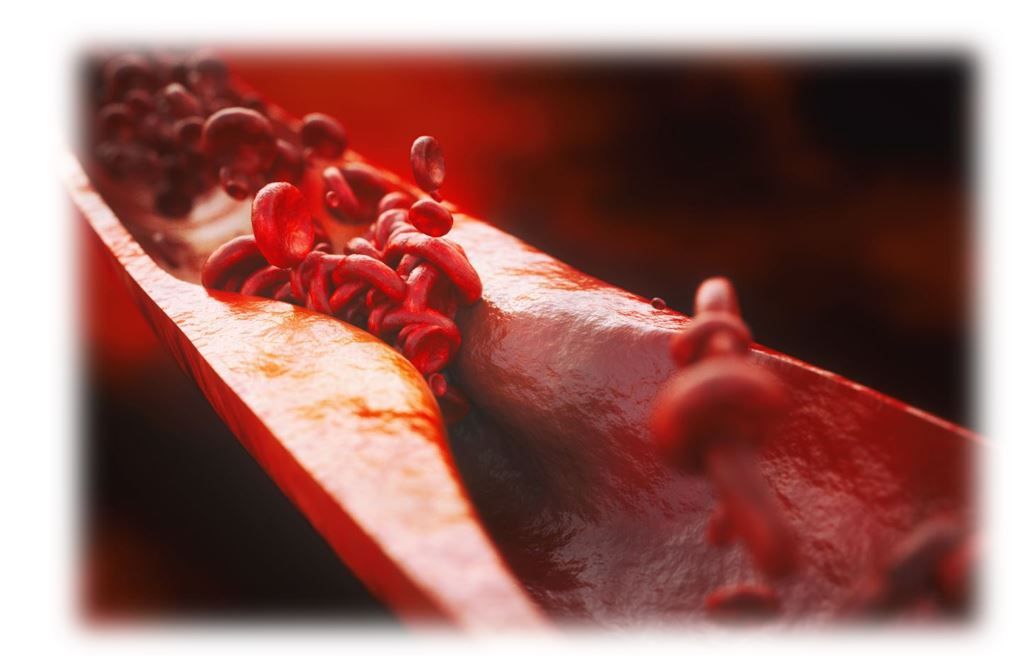- Clinical Technology
- Adult Immunization
- Hepatology
- Pediatric Immunization
- Screening
- Psychiatry
- Allergy
- Women's Health
- Cardiology
- Pediatrics
- Dermatology
- Endocrinology
- Pain Management
- Gastroenterology
- Infectious Disease
- Obesity Medicine
- Rheumatology
- Nephrology
- Neurology
- Pulmonology
ORION: Twice-Yearly Inclisiran Cut LDL-C by Half in ASCVD Patients on Statins
AHA Scientific Sessions 2019: Semi-annual injection of the novel agent inclisiran in the ORION-10 trial decreased LDL-C by 56% in patients with ASCVD on maximal statin therapy.
(©crevis/stock.adobe.com)

Receiving twice-yearly injections with inclisiran, a small interfering RNA therapeutic that inhibits production of PCSK9 in the liver, safely reduced LDL cholesterol in patients with atherosclerotic cardiovascular disease (ASCVD) who were on the maximum tolerated statin dose, according to the results of the ORION-10 trial presented on Saturday, November 16, 2019, at the American Heart Association (AHA) Scientific Sessions 2019 in Philadelphia, Penn.
ORION-10 was a multicenter trial that included 1,561 patients who were randomly assigned to inclisiran 300 mg or placebo. Researchers led by R. Scott Wright, MD, Division of Structural Heart Disease, Department of Cardiovascular Medicine at the Mayo Clinic, Rochester, Minn, looked at 2 co-primary endpoints: the percent change in LDL cholesterol from baseline to day 510 and the average percent change from day 90 to day 540.
Dr Wright highlights in his presentation that ASCVD remains the leading cause of death globally, and lowering of LDL cholesterol is the most effective intervention to change the course of this disease.
In the intention-to-treat analysis, treatment with inclisiran resulted in a 56% decrease in LDL cholesterol at day 510 compared with a 1% increase with placebo (P<.00001), a 58% difference. Additionally, the time-adjusted percentage change in LDL cholesterol levels from baseline after day 90 up to day 540 was –51% for inclisiran compared with +3% for placebo.
“Inclisiran potently and durably lowered LDL cholesterol. It was safe and effective,” Dr. Wright said in in a video posted as part of AHA’s in-depth coverage of the trial. “If approved it will be a new and novel therapy that health care providers and patients will have the opportunity to use as additional therap[y] beyond statin agents.”
There was no difference in serious adverse events between patients assigned inclisiran and placebo, and no evidence of liver, kidney, muscle, or platelet toxicity.
Assuming an FDA approval, Dr. Wright’s presentation noted that a twice yearly administration of inclisiran would coincide with typical twice yearly patient visits with health care providers.
In videotaped comments made to AHA Science News on the study results Karol E. Watson, MD, PhD, Professor of Medicine/Cardiology at the David Geffen School of Medicine at UCLA, “The ORION-10 trial showed us that a novel mechanism of lowering PCSK9 can significantly lower LDL. It was shocking that you could do it twice a year and get reductions in LDL of 55% or more. This has potential to transform what we are doing in lipid management.”
Source: Wright RS, et al. Safety and efficacy of inclisiran in patients with ASCVD and elevated LDL cholesterol – results from the phase 3 ORION-10 trial. Presented at American Heart Association Scientific Sessions; Nov. 16, 2019; Philadelphia, Penn.
